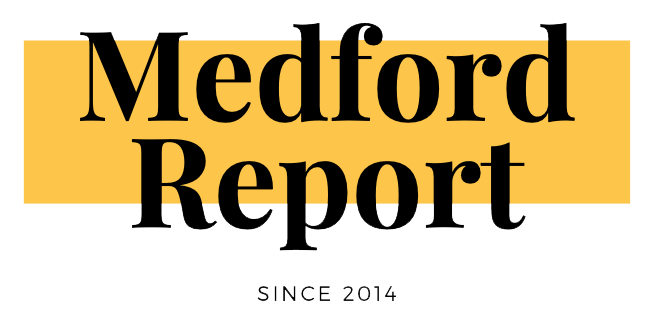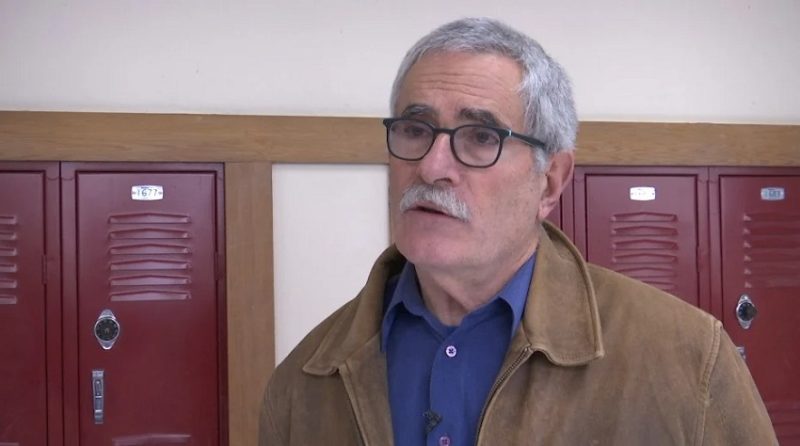Medford, OR – In the wake of Oregon’s most devastating wildfire season in decades, lawmakers are looking for sustainable ways to fund the state’s firefighting efforts. In a bold proposal earlier this week, Senator Jeff Golden, a Democrat from Ashland, suggested using Oregon’s kicker tax refund to finance wildfire protection indefinitely.
The 2024 wildfire season scorched over two million acres of land, with the total cost of fighting the fires reaching an eye-popping $350 million. The Oregon Department of Forestry ran out of funds, prompting Governor Tina Kotek to call a special legislative session in December to approve $218 million in emergency funding for firefighting efforts. This experience highlighted the urgent need for a more reliable funding source for wildfire protection.
To address this issue, lawmakers convened a workgroup last year to find long-term solutions, and Golden’s plan, detailed in an op-ed for The Oregonian, proposes a unique approach: using the kicker — the tax rebate Oregonians receive when state revenue exceeds projections — to create a dedicated wildfire fund.
Golden envisions a one-time, proportional payment from taxpayers, based on their income, that would allow the state to invest the $1.8 billion kicker anticipated for the next biennium. This investment, he argues, would generate enough returns to fund wildfire protection indefinitely. According to Golden, a 5% annual return on the investment could yield $90 million each year, which would provide a steady stream of funding for firefighting efforts.
This proposal comes at a time when Oregon is facing an ever-growing wildfire risk. The 2024 season was a wake-up call for state officials, who spent over $350 million fighting the fires. Currently, the state allocates just $87 million for wildfire response, an amount that falls drastically short of the actual costs.
Golden’s plan seeks to fill this gap by using the kicker — which currently sits at an estimated $1.8 billion — to build a fund that would generate interest for wildfire protection year after year. While the kicker has traditionally been returned to taxpayers whenever state revenue exceeds expectations, Golden suggests that Oregonians might consider making this one-time sacrifice for the greater good.
In his op-ed, Golden put the question directly to readers: “What would you say if you were offered this deal: make a one-time payment on a sliding scale from a few dollars for lowest-income taxpayers to six figures for the wealthiest Oregonians. In return, the state will provide high-quality protection from catastrophic wildfire for the rest of your life and likely much longer.”
While the proposal has gained attention, it faces significant political hurdles. Golden has called for a constitutional amendment to ensure that the funds would be used exclusively for wildfire protection, a move that would require a two-thirds majority vote from Oregon’s legislature. This includes support from some Republicans, who are typically resistant to changes involving taxpayer refunds.
The kicker has long been a point of pride for Oregonians, who are accustomed to receiving the refund when the state’s economic performance outperforms projections. While Golden’s plan may offer a long-term solution to the state’s wildfire crisis, convincing taxpayers to forgo the money — even just once — could prove to be a tough sell.
Nonetheless, Golden’s proposal represents an innovative approach to tackling a persistent and growing problem. With the state facing an uncertain future in terms of wildfire seasons and firefighting costs, the idea of using the kicker for wildfire protection could serve as a model for other states grappling with similar challenges.
As lawmakers continue to debate wildfire funding, Oregon may be at the forefront of exploring creative ways to safeguard both people and property from the increasingly destructive impacts of wildfires.

